Unbound: Visionary Women Collecting Textiles
Textiles assembled by seven pioneering collectors, active between 1900 and 2018, and drawn from seven public collections in the UK are the focus of the annual exhibition held at Two Temple Place on London’s Embankment. The venue is dedicated to promoting culture and philanthropy and the exhibition co-ordinator recognised the ability of textiles to ‘give us a beautiful and intensely human insight into our history’. Wood panelled interiors provided a stately setting for the exhibits which ranged from Pakistani embroideries and contemporary works from Bradford’s Cartwright Hall Art Gallery and The Whitworth, Manchester, acquired by curators Nima Poovaya-Smith and Jennifer Harris respectively, to pieces collected by the London gallerist Muriel Rose, now housed at the Crafts Study Centre, Farnham, to Arts and Crafts prints by Enid Marx from Compton Verney.
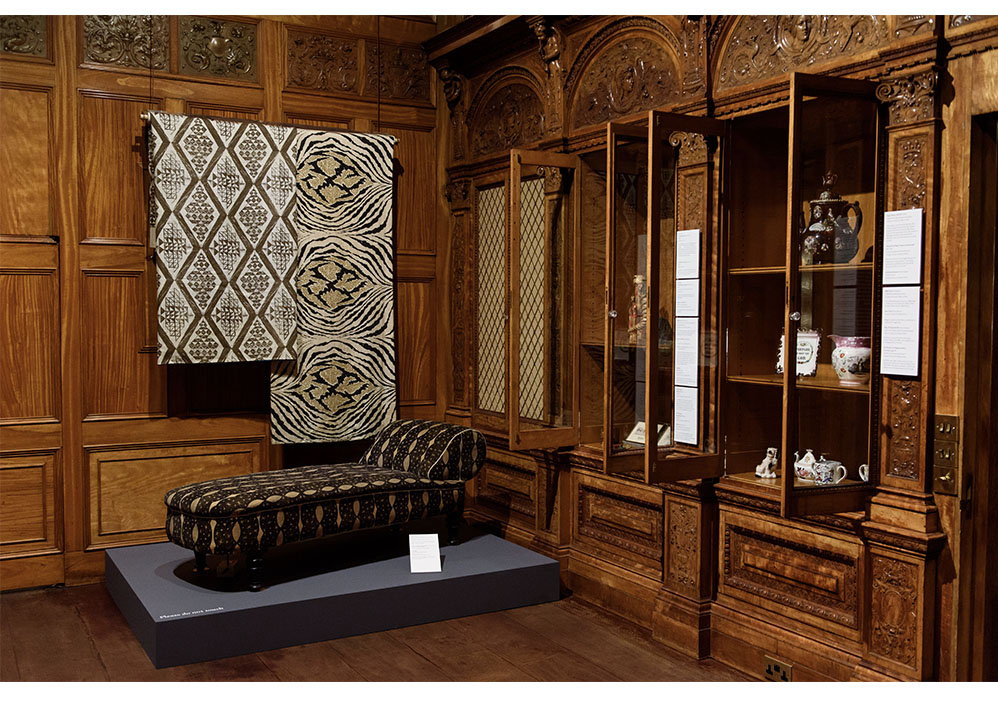
Installation shot of ‘Unbound‘ at Two Temple Place, London showing Arts and Crafts prints by Enid Marx from Compton Verney. Photo: Richard Eaton.
Some of the fine costume and embroidery on show was originally collected by three pioneering Victorian women: Olive Matthews, who sourced fine costume from ‘beyond living memory’ at her local London street market from the age of twelve; Louisa Pesel, director of the Royal Hellenic School of Needlework in Athens; and the artist and anthropologist Edith Durham, who fell for Balkan culture in 1900. Developing a great affinity with Albania (where she remains a celebrated public figure), she returned annually up until World War I, collecting important examples of traditional textiles and dress, such as children’s jackets and knitted oversocks with needlework embellishment.
‘Textiles sit within so many disciplines that it’s difficult to get a grasp of the diversity of human experience they encompass’ said Curator June Hill. ‘That’s the challenge ‘Unbound’ has set itself: to bring together material from across a wide spectrum and uncover different ways of seeing.’
‘Unbound’, curated by June Hill and Lotte Crawford, was scheduled to be open until 19 April 2020 but is currently closed due to coronavirus. See a selection of the exhibits and installations below.
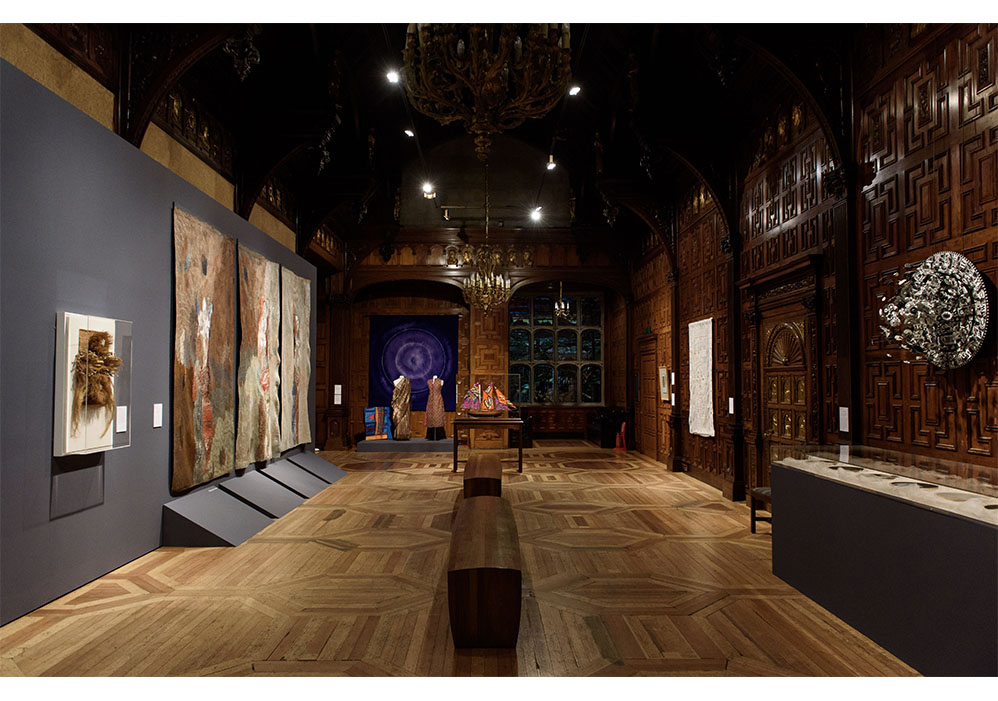
Installation shot of ‘Unbound: Visionary Women Collecting Textiles‘ at Two Temple Place, London. Photo: Richard Eaton.
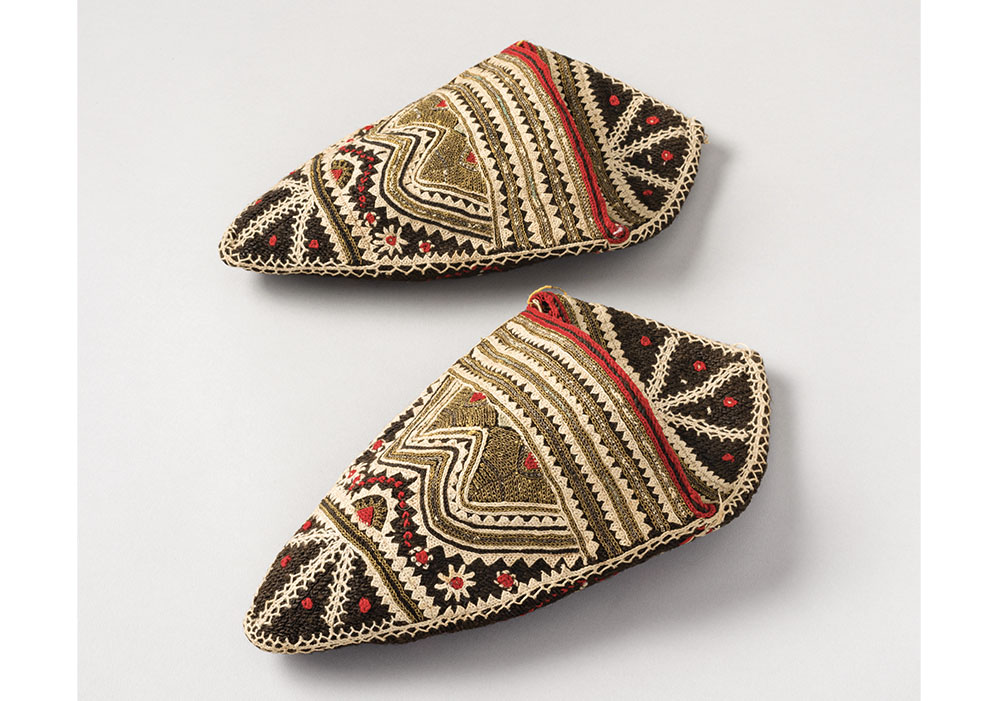
Knitted oversocks with needlework decoration, date unknown, collected in Albania by Edith Durham (1863-1944). © Calderdale Museums Collection, Halifax. Photo: Paul Tucker
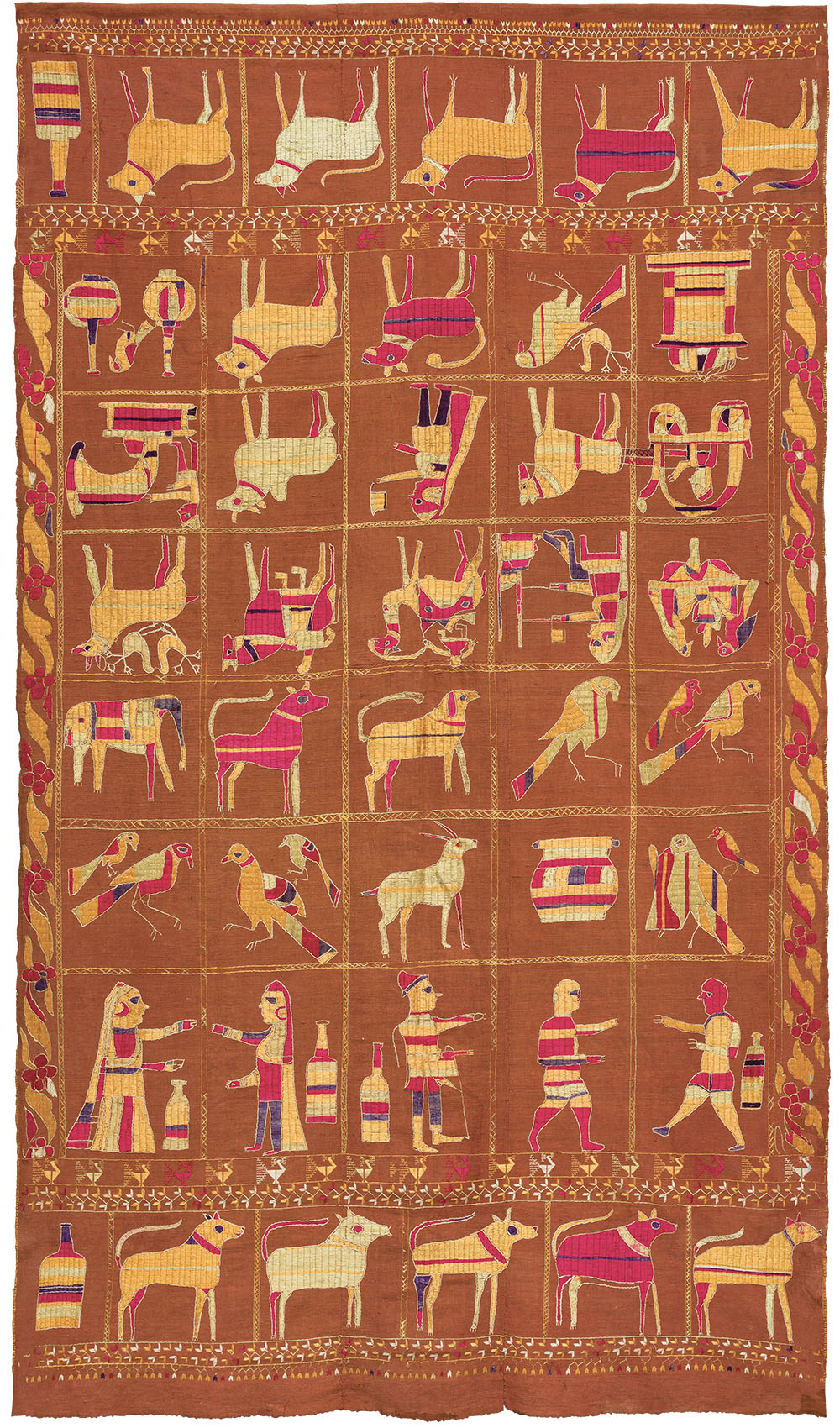
Phulkari early 20th-century, cotton with floss silk embroidery. © Bradford Museums and Galleries. Photo: Paul Tucker
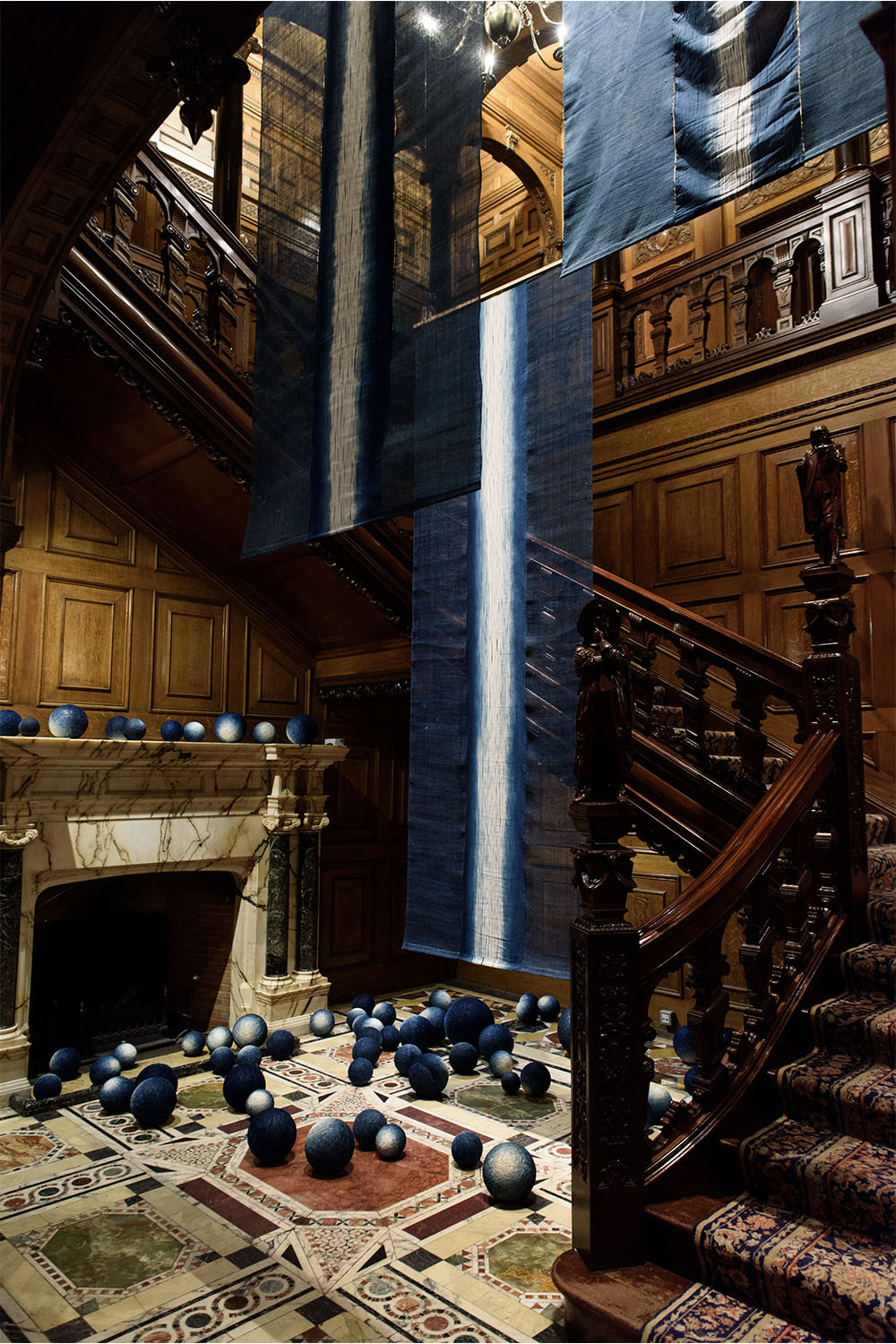
Installation shot of ‘Unbound: Visionary Women Collecting Textiles‘ at Two Temple Place, London. Photo: Richard Eaton. ‘Shindigo Space’ by Hiroyuki Shindo (2007). The Whitworth, University of Manchester
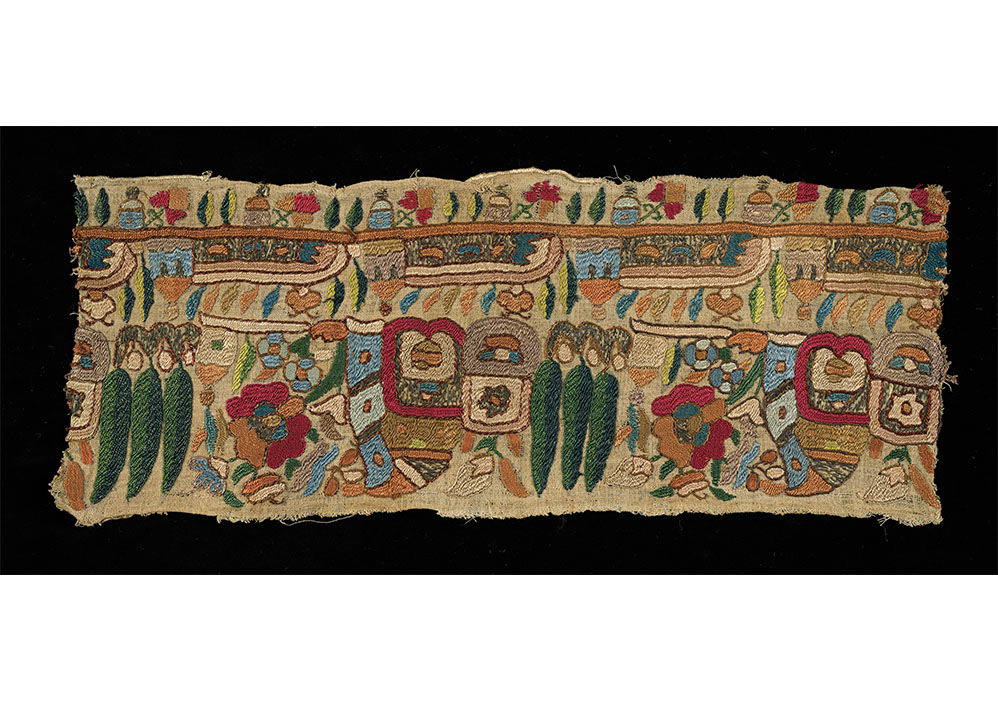
Embroidered border fragment collected by Louisa Pesel (1870 – 1947) © Leeds University Library, University of Leeds

















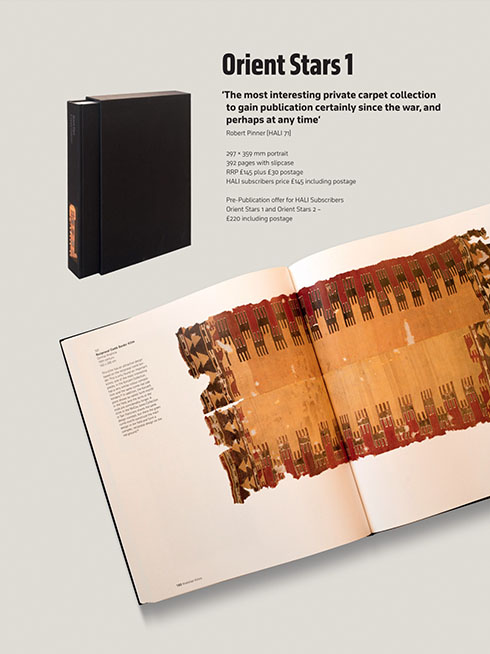

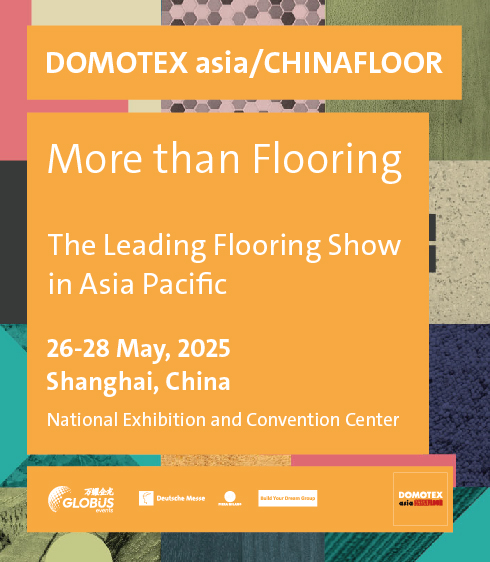


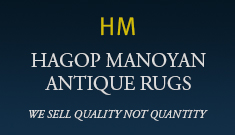
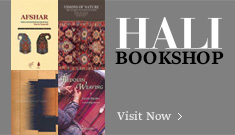
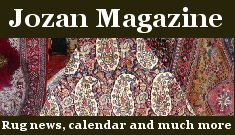


Comments [0] Sign in to comment